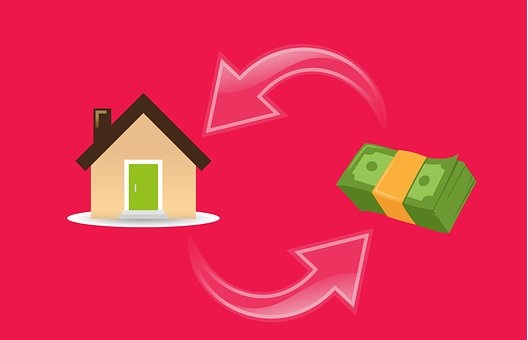Things To Know Before Taking A Loan
If you’re thinking about applying for a loan, you need to know everything about the process to avoid making mistakes and connect with potential lenders.
Lenders will ask you for many details, such as your earnings, credit history, and ratings, and will require further analysis before you apply for a loan.
Let’s have a look at what you should know and why you should know it before you apply for a loan.
Credit Score and History
Solid credit history and credit rating demonstrate to creditors that you will pay your debts promptly. The stronger your credit, the more likely you are to get a loan with the best terms.
These terms can be highly favorable for you over the life of your loan, helping you save thousands of dollars.
Therefore, before applying for a loan, it’s best to check your credit score and report inaccuracies that could lower your score and increase the chances of your loan being rejected.
If your credit isn’t in good shape, you should avoid applying for a loan if at all feasible. Meanwhile, work on improving your credit to potentially save thousands of dollars.
Income
Since your ability to repay a loan is influenced by your take-home pay, you’ll need to provide proof of income along with your application. You’ll need to submit a salary letter from your employer, W-2 forms, and stubs.
If you’re applying as a self-employed person, you’ll need receipts, invoices, and tax returns from the last two years.
Remember to mention all of your sources of income, including your freelancing income, income obtained from second-job, child support, spouse’s income, and not just your principal one.

Monthly Debt Payments
Your income is only one factor to consider; you must also be aware of your monthly financial commitments. You won’t be able to pay off a new loan if your monthly income is $4,000, but you spend $3,500 toward your obligations each month.
A loan application would almost certainly ask you to identify specific responsibilities, such as your mortgage payment or rent, as well as any existing credit card or other debt payments.
Liabilities and Assets
Your net worth, or your assets minus your liabilities, is something that your potential lender might consider.
Liabilities are financial responsibilities, such as your student loan debt. Assets are the things you hold that are worth something, such as your properties or investment accounts.
Your net worth will determine if you’ll be able to pay off the loan or not if any problem occurs. The loan you’re requesting will also turn into a liability that you can use to buy something else.
Calculating your net worth and how it will evolve if you acquire the loan is an excellent method to stay on top of your finances.

If you’re looking for commercial loans for your next investment, contact Commercial Private Equity.
At Commercial Private Equity, we provide private specialized loans, including construction loans, workout loans, raw land loans, and bridge loans. To make loan acquisition easy for our clients, we also have a three-level loan program with different loan requirements.
Contact us now to make your dream investment project come true.

























